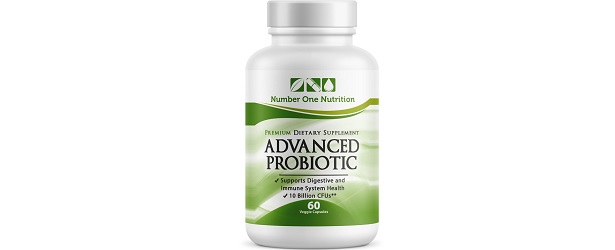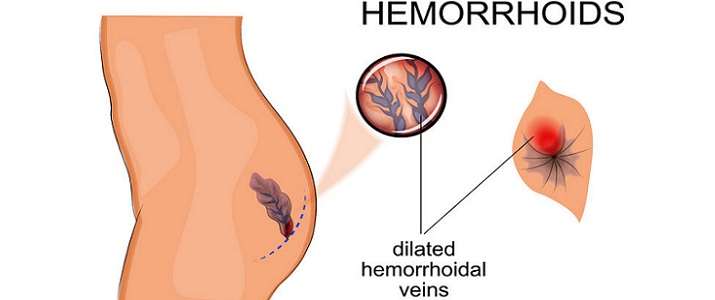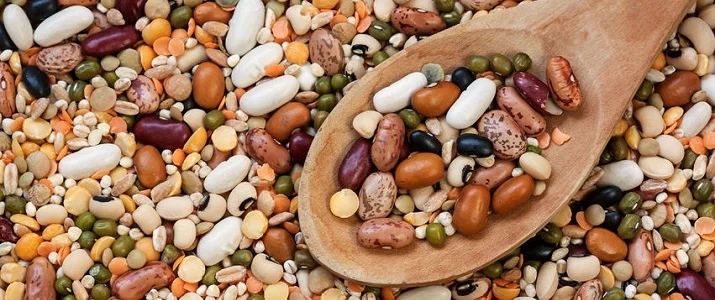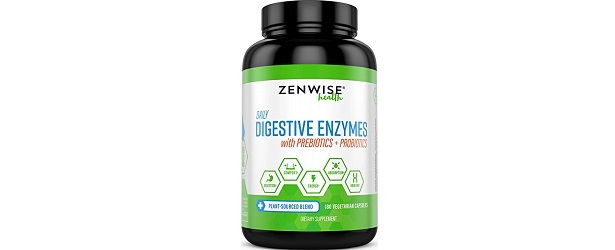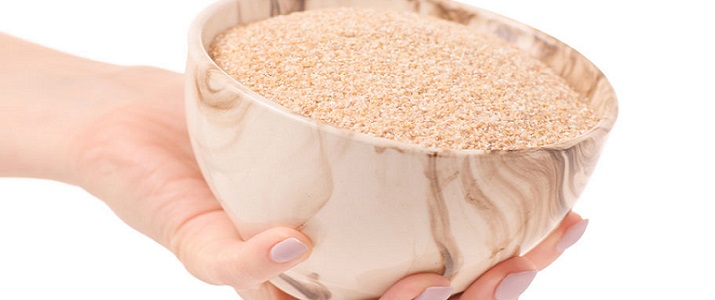
What Is IBS-C?
With over 13 million adults across the United States suffering from Irritable Bowel Syndrome (IBS), it is the most common gastrointestinal disorder. There are different types of IBS, and we are addressing here more about Irritable Bowel Syndrome Constipation (IBS-C), which is also referred to as constipation-predominant IBS.
Symptoms
The most prevalent symptoms of IBS-C is discomfort and pain in the abdomen, constipation, straining, and bowel movements that are both small and hard that look like pellets. Many women share that their symptoms are more prominent while menstruating. In general, IBS-C affects more women than men and is more common in adults who are under 50 years of age.
Diagnosis
A diagnosis of IBS-C is individualized, but many individuals suffer from constipation having less than 3 bowel movements a week coupled with abdominal discomfort over the course of a few months. The diagnosis of IBS-C will be made by a general physician or gastroenterologist (GI), to be sure that there is not something more serious going on. A rule of thumb is that IBS is diagnosed by ruling out other potential issues.
Bring a complete medical history including a record of your bowel movements to your appointment with your doctor. It is also useful to provide a food history and a list of any medications you have taken. Providing as much information to your doctor, preferably in journal form, about your symptoms and what you were eating and drinking before and around that period will allow for the best opportunity to understand what is happening and which foods may be triggering your symptoms.
Treatment
A first step for treating IBS-C usually includes taking a serious look at your diet to be sure it is balanced and strategic in terms of everything you eat. Significantly increasing your fiber intake with the goal of getting anywhere between 25-35 grams of fiber. Typically a GI will provide lists of the most fibrous fruits, vegetables, whole grains, and beans to help you build a diet designed to keep you symptom-free. There is no question that cutting out highly refined foods and avoiding white bread and carbohydrates is key; carefully planning what you eat with your doctor will help you be sure that you get relief from constipation without causing cramping and gas. Since not drinking enough water will often be a factor in constipation, you will want to prioritize monitoring your water intake to help move the food through your intestines.
Most individuals with IBS-C are encouraged to exercise and look into stress management programs to address any external factors that may be adversely affecting your gastrointestinal tract.
Medications
Taking medications is commonly prescribed for individuals with IBS-C because they usually provide fairly quick relief from the discomfort you may be feeling. Common medications include laxatives, Linaclotide, and Lubiprostone and you will need to plan for the best medication to find the best treatment options for you to follow. Many individuals also will take fiber supplements to help supplement their daily intake of fiber.
Summary
IBS-C is individualized and is the experience of constipation may manifest itself differently for each person. There is no cure for IBS, but the symptoms can be mitigated with a well-planned treatment strategy that continues to be tweaked and adjusted until optimum results are achieved.
TOP 5
IBSTreatments |
|||||
| IBS Clear | BioGanix BioZyme Digestive Enzymes | Nature's Sunshine Food Enzymes | Herbs of Gold IBS Advanced | Kijimea IBS | |
|---|---|---|---|---|---|
| 1 | 2 | 3 | 4 | 5 | |
| Price (1 bottle) Price (6 bottles) best value |
$49.95 $139.70 |
$45.95 $183.80 |
$39.95 $239.70 |
$39.95 $239.70 |
$42.94 $257.64 |
| Overall Rating | 98.7% | 82.00% | 71% | 64% | 61% |
| Effectiveness |





|





|





|





|





|
| Speed of Results | Extremely Fast | Fast | Good | Average | Slow |
| Quality of Ingredients | Premium | Good | Good | Average | Average |
| Customer Satisfaction Evaluation | 99.50% | 81% | 79% | 72% | 68.2% |
| Safety Evaluation | Safe for Use | Safe for Use | Safe for Use | Safe for Use | Safe for Use |
| Customer Service Rating |





|





|





|





|





|
| Reorder Rate | Highest | Good | Average | Good | Average |
| Return Policy | Risk Free | Unused | Risk Free | Unused & Unopened | No |
| Success Rate | 99.60% | 83% | 77% | 71.20% | 69.2% |

 Subscribe Now
Subscribe Now




